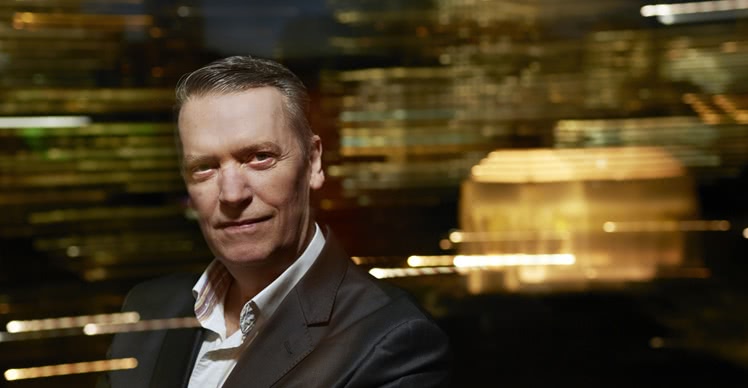Musica Viva is celebrating its 70th anniversary in 2015 – tell us about its history.
Musica Viva’s founder, Richard Goldner, an inventor and viola player, fled Austria for Australia in 1939 in the wake of Hitler’s invasion of Vienna. Distressed to discover chamber music was non-existent in Sydney, he formed an ensemble in honour of his teacher who had perished in a Nazi concentration camp. The first concert was presented in December 1945. Over the years Viva evolved into an entrepreneur focused on importing the world’s finest chamber musicians, and is now the world’s largest entrepreneur of chamber music.
What are the highlights in the Sydney series in 2015?
Our 2015 season starts with a great jolt of invention with the Canadian period chamber orchestra Tafelmusik, and their new staged multimedia extravaganza, House Of Dreams. As a special birthday treat we’ve saved up our most popular artists of the past decade: Steven Isserlis and Paul Lewis from Britain, the Modigliani Quartet from France, and the Eggner Trio from Austria. Sydney’s own Goldner Quartet has a special national concert tour to mark its own anniversary of 20 years. Just one group appears for us for the very first time – brilliant UK vocal ensemble I Fagiolini.
How does Musica Viva go about programming a suitable season?
The season comprises seven ensembles that tour the whole country, presenting two concerts each in Sydney. It is constructed around the chamber music pillars of two string quartets plus one piano trio. To those I add a recitalist (or two in 2015), a larger or outside-the-square event (Tafelmusik) and some sort of vocal component (I Fagiolini).
What types of audiences are you hoping to reach?
No special education or experience is needed to enjoy chamber music. Many of our most loyal supporters are ordinary folk who have discovered it by accident, and been captivated by the extraordinary beauty of witnessing first-hand the intimate musical interaction of virtuosi playing the music that they most adore. Nothing is needed but good ears and an open mind.
What else does Musica Viva do to connect with a wide audience? It’s not just about highbrow classical music, is it?
Beethoven was often employed by the aristocracy, but his music became famous because of outdoor concerts for the general public. There is nothing innately highbrow about classical music – it is simply fine music best enjoyed while giving it your undivided attention. Musica Viva has a national education program that reaches more than 200,000 students each year, and hundreds of outreach events including master classes for young musicians, concerts in regional centres, festivals and other presentations.
Musica Viva Season 2015 featuresTafelmusik, Goldner String Quartet, Maxim Vengerov, Musica Viva Festival and more. The whole season is available online.


































